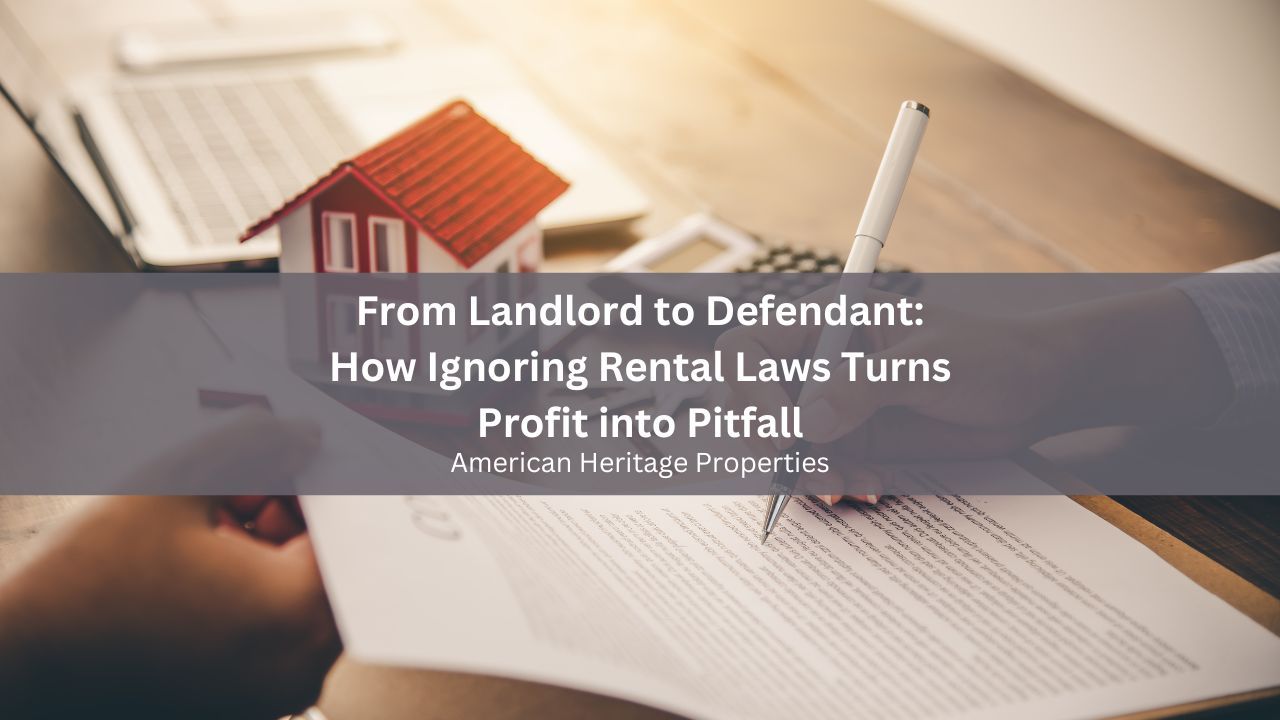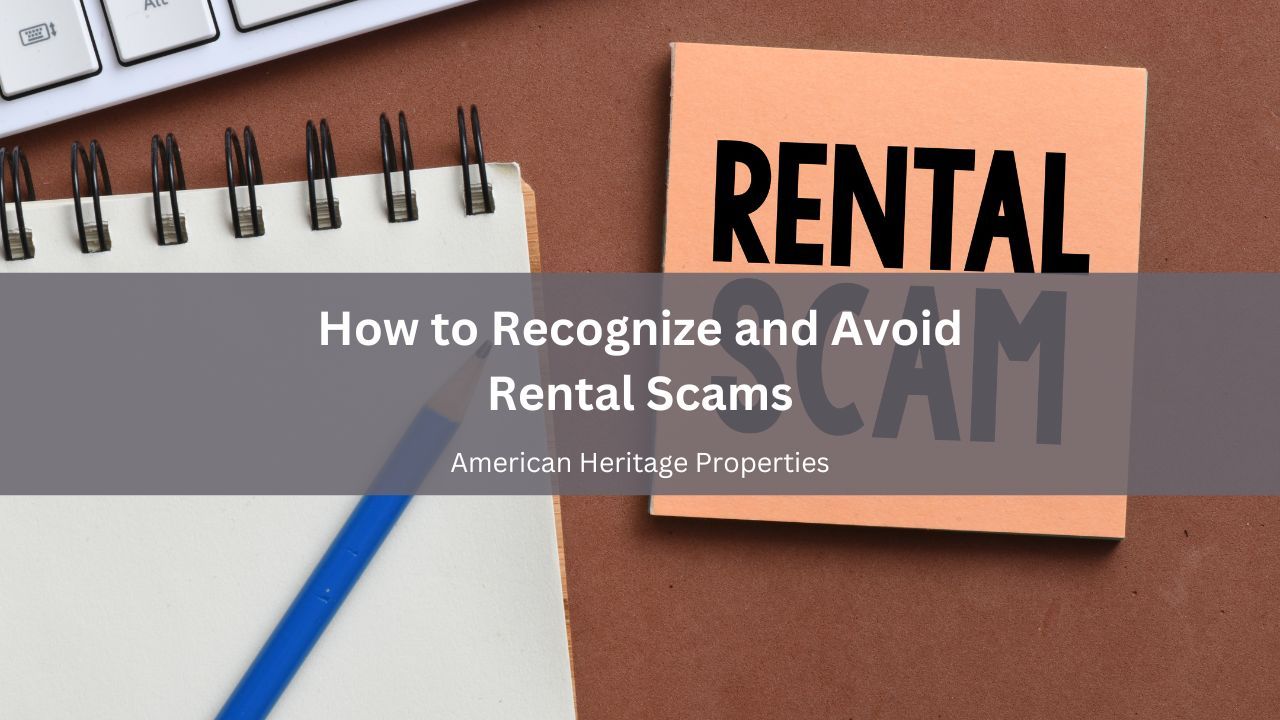Strategic Relocation: Blending a Business Launch with Moving

Opening a home-based business while navigating the complexities of relocation presents a unique blend of challenges and opportunities. This dual endeavor requires careful planning and strategic foresight to ensure a seamless transition on both fronts. Embracing this journey can dramatically reshape your professional landscape, offering fresh prospects right from your new doorstep. It's about laying the groundwork for success in unfamiliar terrain, while tethering your entrepreneurial dreams to a new beginning.
Preparing for a Smooth Relocation
Arrange Essential Services Before Arrival
To facilitate a smooth transition to your new home, prearrange the setup of critical utilities like electricity, water, and internet. Ensuring these services are operational upon arrival will minimize disruptions, allowing you to concentrate on unpacking and settling in swiftly. Early coordination with service providers is crucial to prevent any business interruptions due to unavailability of utilities such as internet or electricity.
Label and Organize Boxes by Room
To mitigate confusion during unpacking, systematically label each box with the designated room and a concise description of its contents. Such organization expedites the unpacking process, particularly for your home office where immediate access to business essentials is necessary. Clear labeling facilitates a quicker setup of your workspace and access to important documents and equipment.
Create a Detailed Moving Timeline
Develop a comprehensive moving timeline to manage the relocation process effectively. Start with scheduling packing and organizing utilities transfers, then update your address and notify essential contacts like banks and subscription services. Assign specific deadlines to each task to ensure thorough preparation without last-minute rushes. A structured timeline will help maintain order and alleviate stress as your moving day approaches.
Declutter Before Packing
Take advantage of the move to declutter and discard items that no longer serve you. Lighten both your physical and mental load by donating, selling, or recycling unnecessary belongings. Reducing clutter not only cuts moving expenses but also fosters a streamlined environment in your new home. A less cluttered space supports a clearer focus on initiating your home-based business.
Successfully Launching Your Home-Based Business
Sharpen Your Business Skills
Launching a home-based business offers a prime chance to enhance your business prowess. Opting for an MBA degree can refine your understanding of strategy, management, and leadership. This educational journey not only broadens your business horizon but also deepens self-awareness and self-assessment skills. Such academic enrichment equips you with the confidence to make informed decisions and strengthens your entrepreneurial foundation.
Set a Realistic Launch Date
Plan a feasible launch date for your business, considering the demands of settling into your new environment. Allow ample time after the move to address any unexpected issues with your home office or utility setups. A well-considered launch timeline prevents burnout and ensures you’re well-prepared for business activities. Establishing a solid operational foundation is key before commencing your entrepreneurial endeavors.
Create a Business Budget
Separate your moving and business finances by setting a detailed budget for your entrepreneurial endeavors. Itemize expected expenses for business operations, including equipment, marketing, and daily costs, distinct from your relocation outlays. A precise budget helps maintain financial discipline and guards against overspending. It’s also prudent to establish an emergency fund to manage any unforeseen business expenses post-move.
Check Local Regulations and Zoning Laws
Ensure compliance with local regulations and zoning laws to avoid legal issues with your home-based business. Different locales may impose specific operational requirements or restrictions, necessitating permits or other legal compliances. Contact local authorities to verify necessary permits and confirm that your home is zoned for your business activities. Adhering to these regulations prevents penalties and potential disruptions to your business.
As the moving boxes are unpacked and your business begins to take shape in its new locale, the efforts of integrating relocation with your business setup begin to pay off. This process not only tests your adaptability but also enhances your capacity to manage multiple tasks simultaneously under unique pressures. Successfully merging relocating with a business launch marks a significant milestone in your entrepreneurial journey. It sets a promising stage for your business aspirations to flourish amid the personal transitions of moving.
Find your next perfect rental home in San Diego with American Heritage Properties. Browse updated listings and take advantage of our easy online application process to secure your dream space today!
Share this post









